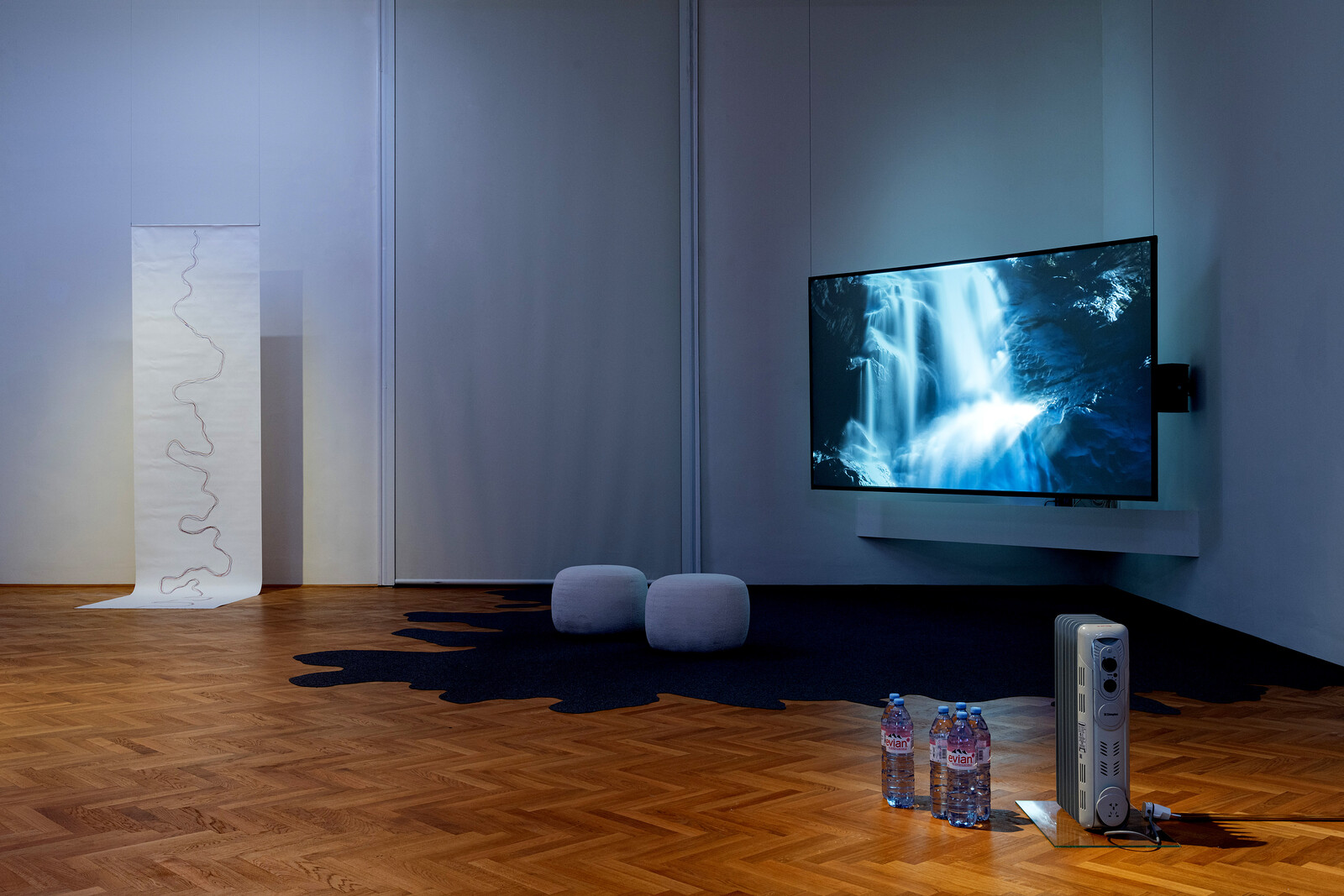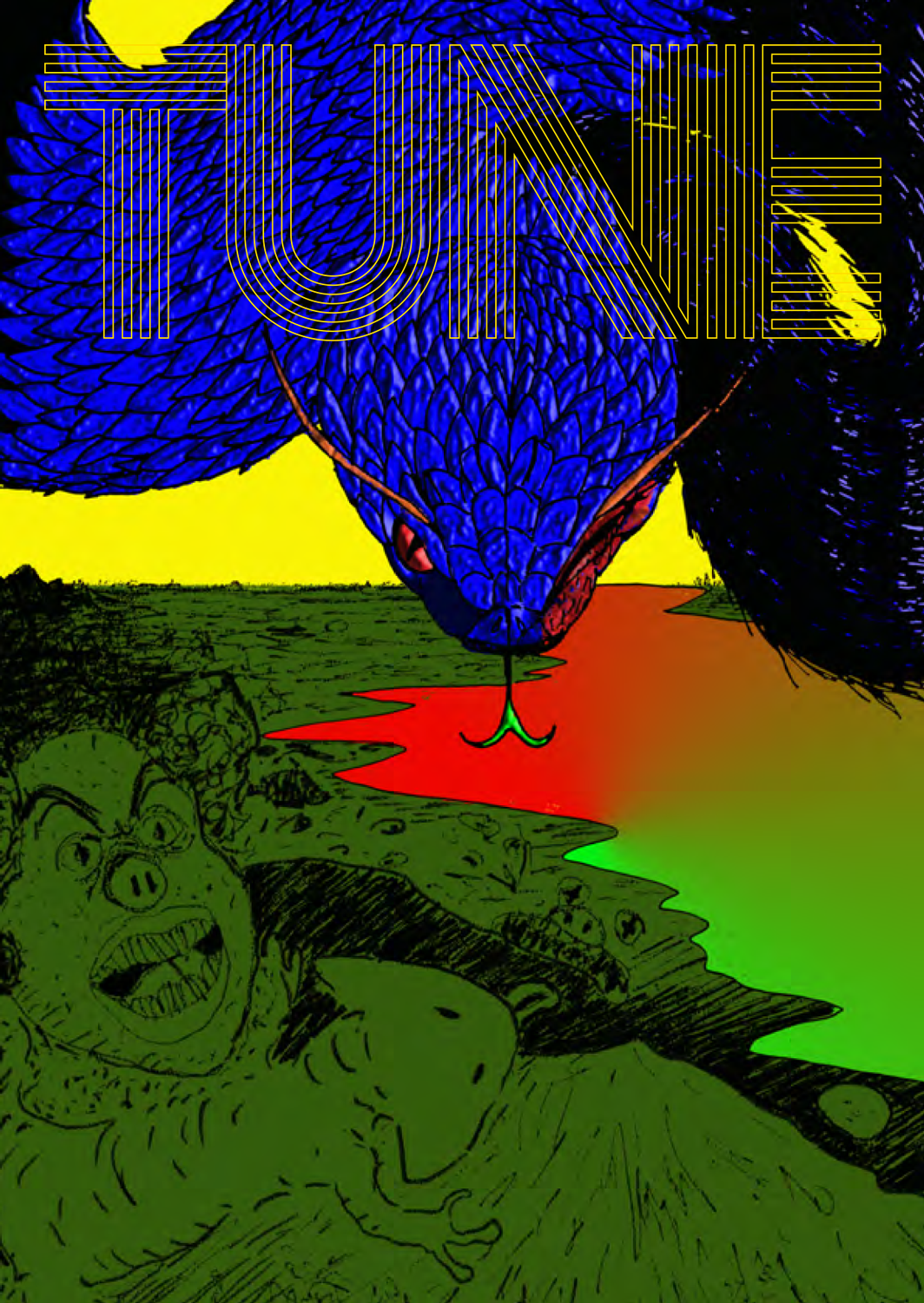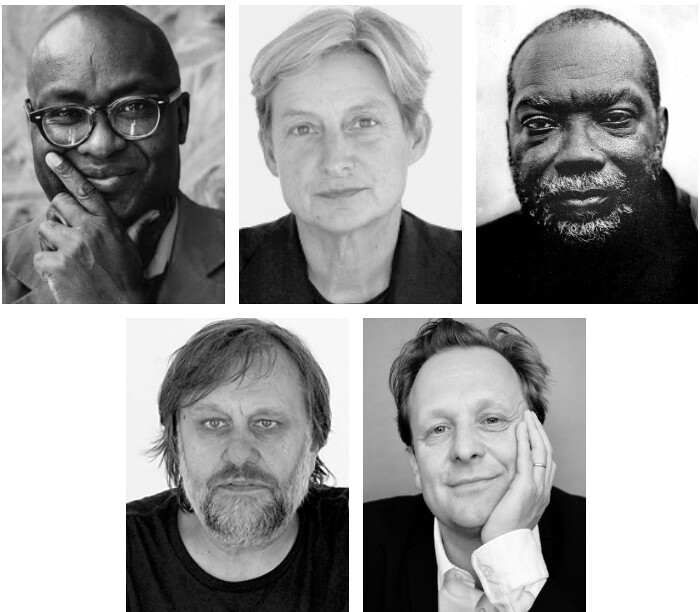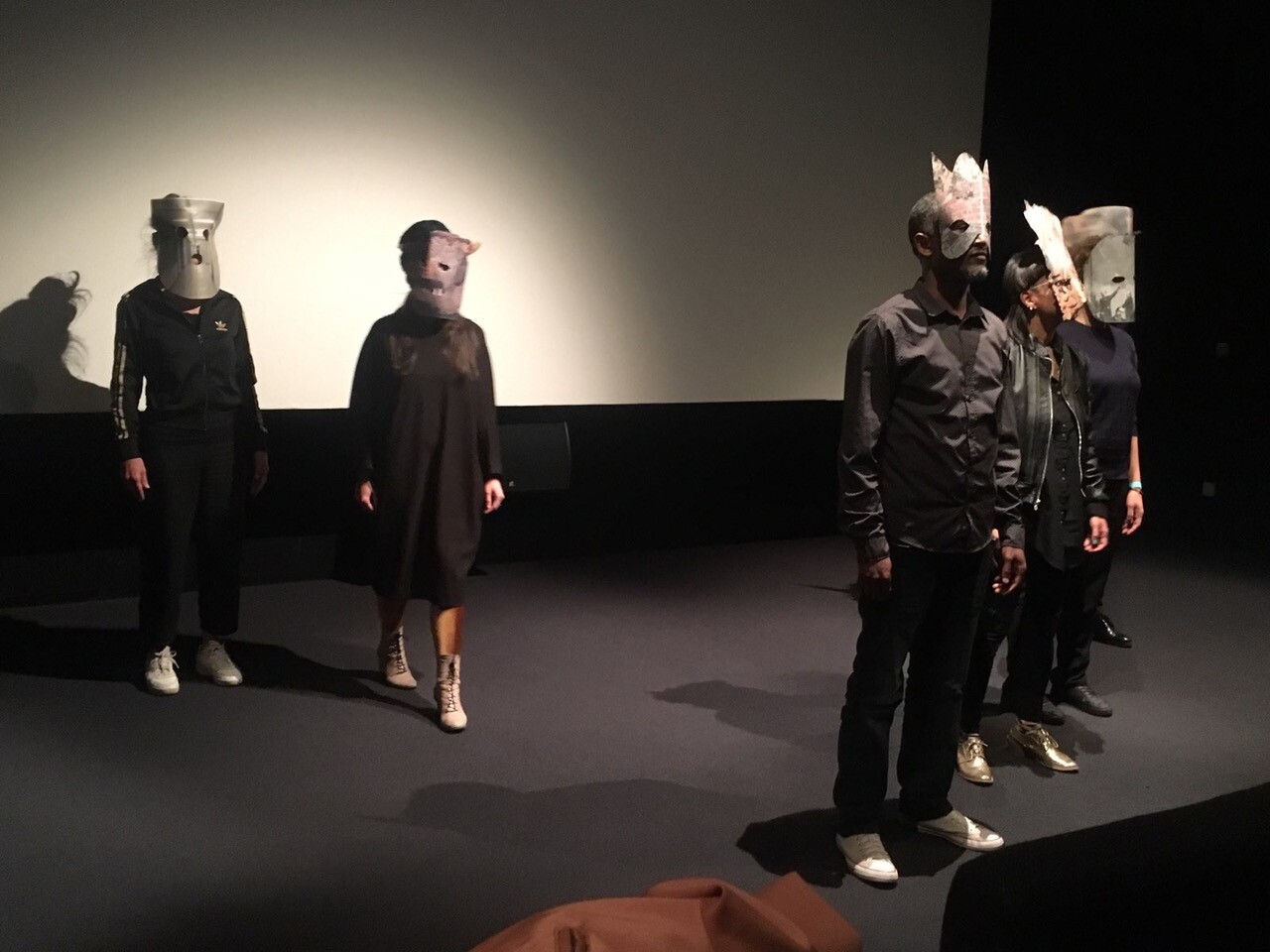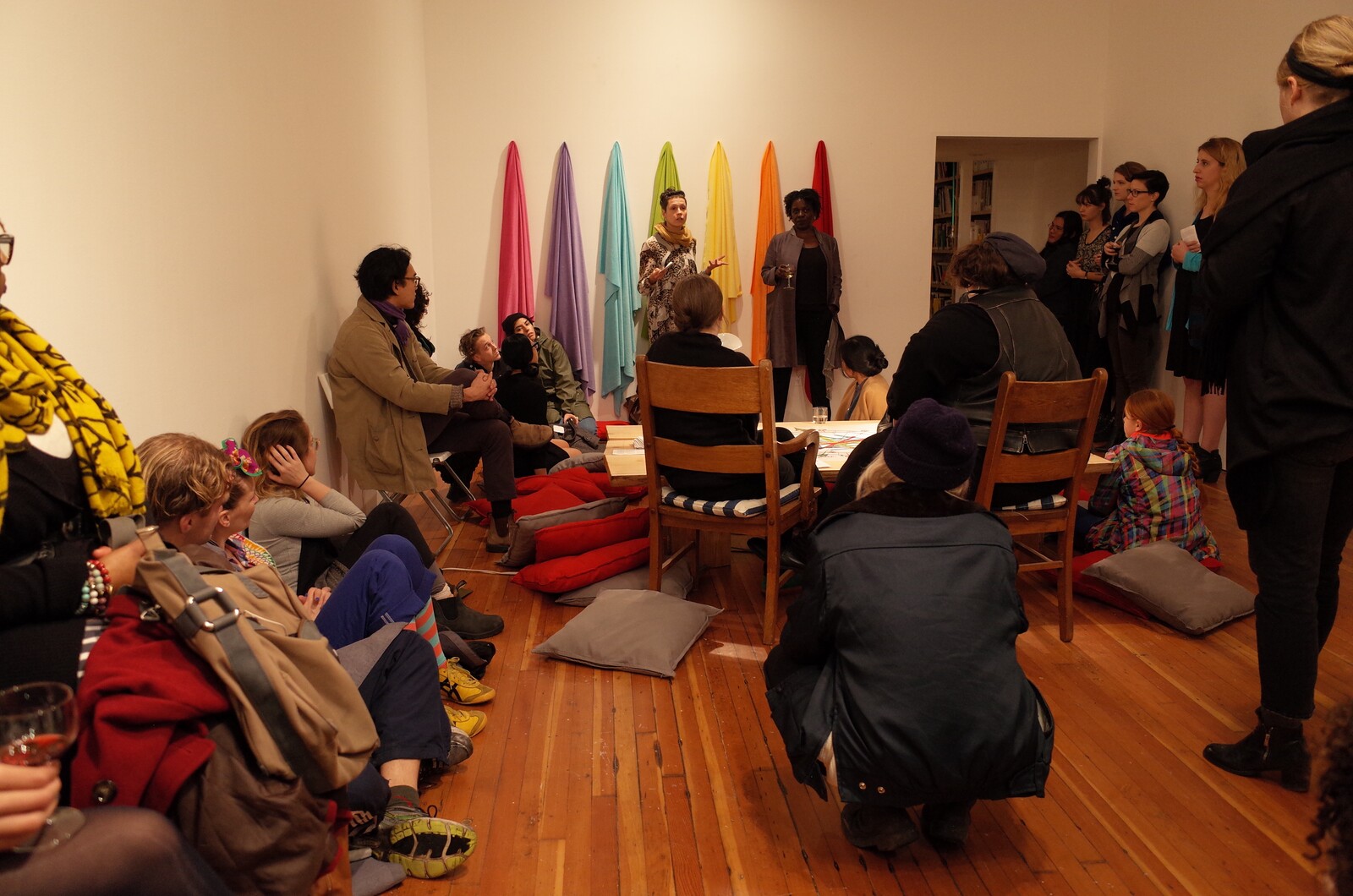Stefano Harney Read Bio Collapse
Stefano Harney is Professor of Strategic Management at the Lee Kong Chian School of Business at Singapore Management University.
I think the other word to add to “resonance” and “vignette” and “dirty,” would be “score.” All of those words in themselves form part of the score, and then they are the actual larger score of that score. “Momentum” should sound like a gallop, for example. We imagined our reader to be essentially always a listener. From the gallop, the noise starts to come in and take over, and in “vibration” you’re shaken into sounds. The idea is to feel each of the words as they join one another, but also how they live singularly; the word “vignette” is one way for us to think of how to metaphorically play with the traps of representation mobilized by words, categories, colonial forms. In doing so, we were also trying to think about the borderless, the leaking frame. Or, how do you leak out of the frame, how do you move beyond it? We really wanted the vignettes to be edgeless. What would this all mean in terms of tempering the collective ear?
We use the gaps and the pauses as ways to think more clearly and more effectively with one another and by way of one another and past the separation of one and another. There’s a rhythm. Definitely. But it’s an irregular rhythm. And not only irregular compared to some metronomic norm but irregular in being overpopulated. The beautiful thing about the polyrhythm is that even though it’s just the two of us, as Bill Withers and Grover Washington Jr. would say, it’s way more than that. Not only our parents, our families, our partners, and the various children in our lives, but also all these other people that we’re always working with and talking with and thinking with and reading with. There’s always a lot of sound in our head, and in our hands, too.


